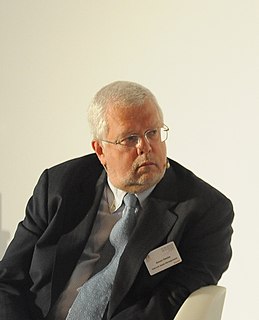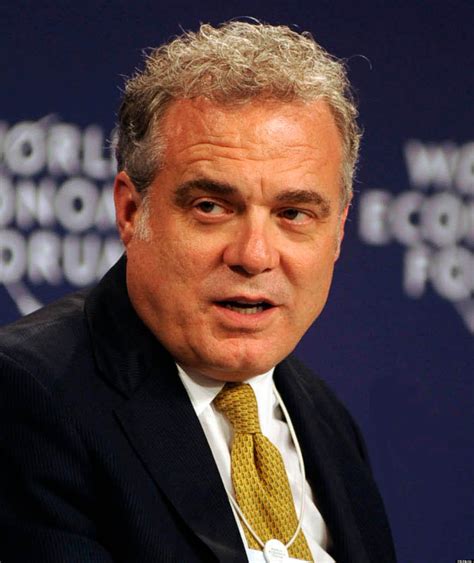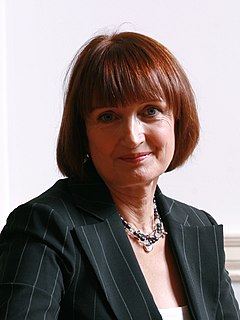A Quote by Melvyn Bragg
I have written favourably in support of subsidy for the arts since the 1960s, and I continue to believe absolutely in subsidy, as I do in the BBC licence fee.
Related Quotes
There are five different ways you can do it. You can do it through not giving them the subsidy that we pay them. You know, we pay Mexico a subsidy. I don't know if you know. But the whole thing is ridiculous. We're paying everybody subsidy. We actually have a small portion of China where they get a subsidy from us because they haven't ended it for years.
Not too far away from now - in the next 6-7 years - 75 million Americans will be retail buyers of healthcare. And they'll come to the marketplace with their own money and either a subsidy from their employer or a subsidy from their government. And it doesn't much matter - they'll be spending their money.
People run away from the name subsidy. It is a subsidy. I am not afraid to call it so. It is paid for the purpose of giving a merchant marine to the whole country so that the trade of the whole country will be benefitted thereby, and the men running the ships will of course make a reasonable profit.... Unless we have a merchant marine, our navy if called upon for offensive or defensive work is going to be most defective.































